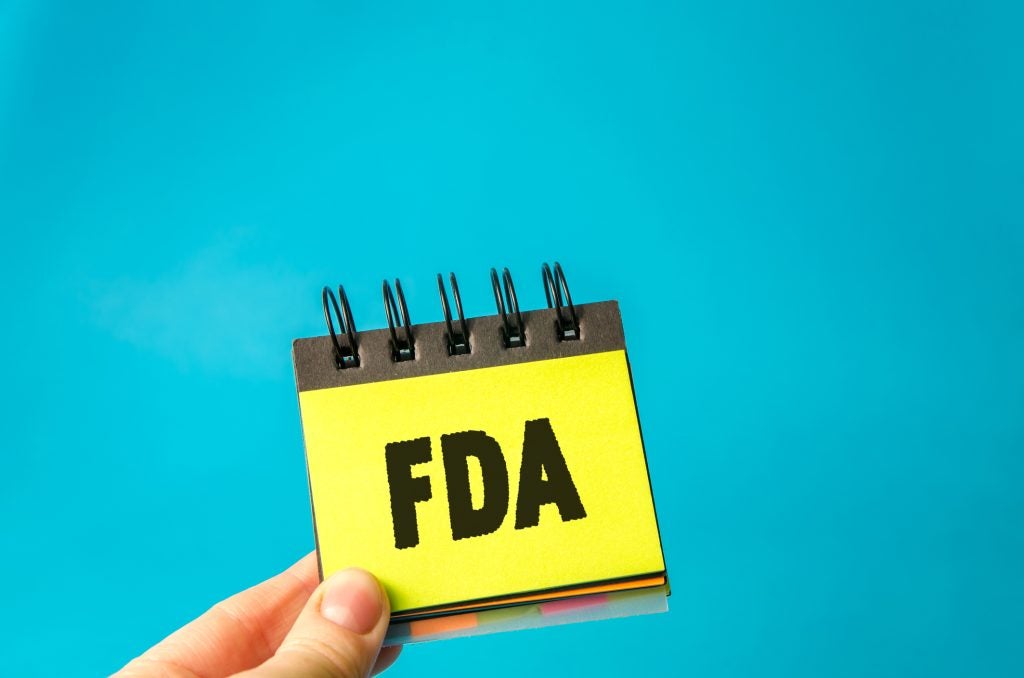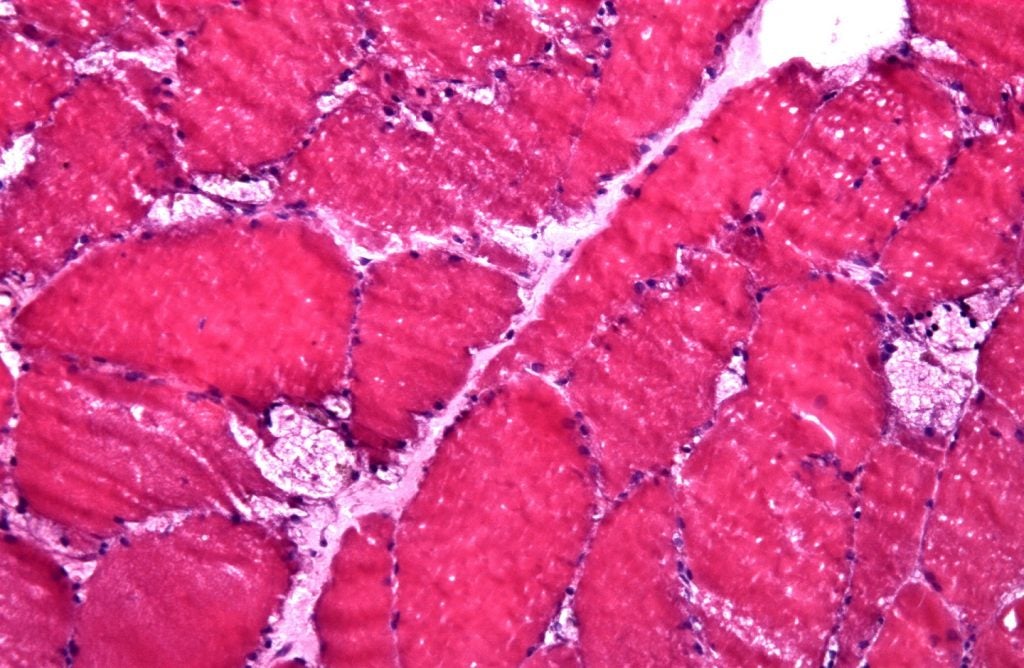The US Food and Drug Administration (FDA) has expanded the label for Pfizer’s cancer drug Bosulif (bosutinib) to include its use in paediatric patients with chronic phase (CP) Philadelphia chromosome-positive (Ph+) chronic myelogenous leukaemia (CML).
The drug can now be offered to children aged one year and older who have been recently diagnosed or displayed resistance to other treatments.
CML is a rare cancer characterised by the excessive growth of white blood cells. It is linked to a chromosomal translocation that occurs between chromosomes 9 and 22, known as the Philadelphia chromosome (Ph). The disease primarily affects adults but can also occur in children.
Bosulif generated $575m in sales last year, according to Pfizer’s FY2022 annual report. Bosulif isn’t the only CP Ph+ CML treatment on the market for children. Nilotinib, marketed by Novartis as Tasigna, generated $1.9bn in sales in 2022 while Dasatinib, marketed as Sprycel by Bristol Myers Squibb generated $2.165bn in 2022 sales, as per the respective companies’ annual reports.
The announcement also comes with the update that a new capsule dosage form of Bosulif, available in 50mg and 100mg strengths, has been approved by the FDA to enhance treatment accessibility.
Bosulif’s approval is based on data from the BCHILD trial (NCT04258943), which enrolled 28 children with resistant/intolerant CML and 21 children with newly diagnosed CML. Among the children who hadn’t been treated before, 71.4% had almost all of the abnormal cells completely disappeared. For those who didn’t respond well to previous treatments, 82% showed a significant reduction in abnormal cells, according to the FDA.
Adverse reactions in paediatric patients included diarrhoea and vomiting, abdominal pain, nausea, and fatigue.















